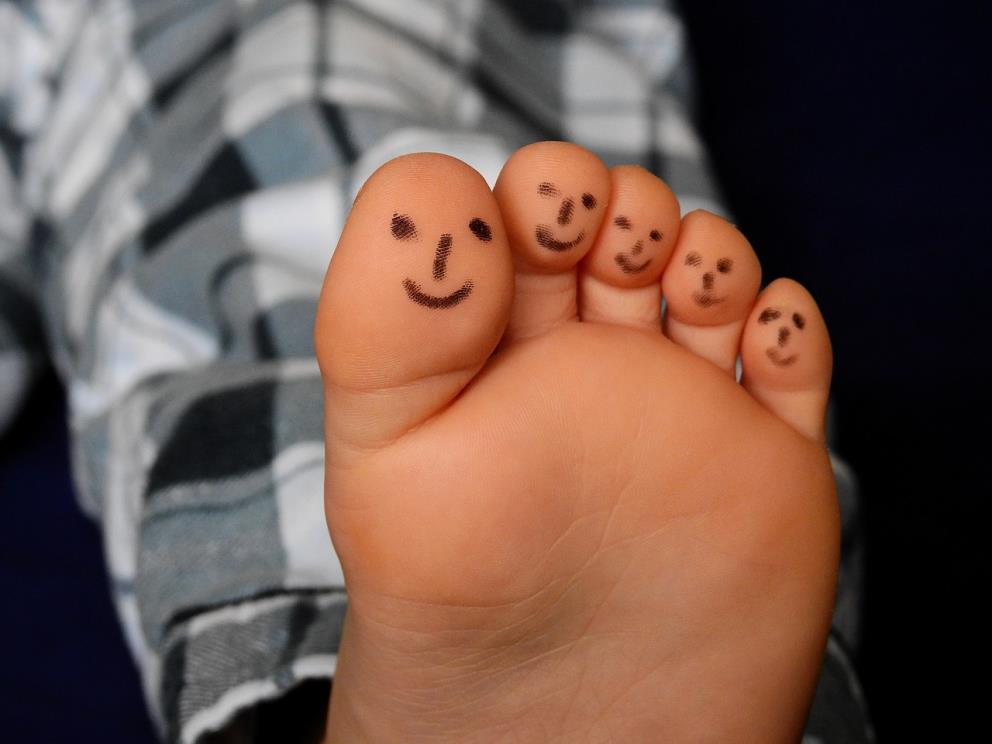Podiatry for children
15/07/2024

Podiatry for children, also known as pediatric podiatry, is a specialized branch focusing on the diagnosis, treatment, and prevention of foot-related conditions in children and adolescents. Children's feet are constantly developing and are crucial for their mobility and overall well-being. Therefore, paying attention to any podiatric issues from an early age is crucial to ensure healthy growth and prevent potential complications in the future.
Importance of Pediatric Podiatry
Children's feet serve as the foundation of their bodies and play a vital role in their physical and emotional development. From those first steps to engaging in sports and physical activities, children's feet are constantly in motion and subjected to different types of pressure and stress. Consequently, any abnormalities or conditions in the feet can significantly affect a child's quality of life and their ability to participate in daily activities.
Pediatric podiatry focuses on identifying and treating common conditions such as flat feet, high arches, nail deformities, plantar warts, athlete's foot, among others. Additionally, pediatric podiatrists are trained to address more specific issues such as abnormal bone and joint development in the feet, abnormal gait, and foot and ankle pain.
Key Podiatric Conditions in Childhood
- Flat Feet: Flat feet are a common condition in childhood where the arch of the foot fails to develop properly, potentially causing discomfort when walking or engaging in physical activities. Pediatric podiatrists may recommend strengthening exercises, custom orthotics, or appropriate footwear to correct this condition.
- High Arches: Conversely, high arches are characterized by an excessively high arch of the foot, which can cause pain on the sole of the foot and difficulty balancing. Pediatric podiatrists may suggest stretching exercises, arch supports, and physical therapy to alleviate symptoms and prevent complications.
- Nail Deformities: Ingrown toenails and other nail deformities are common in children and can cause pain, inflammation, and infections if not properly treated. Pediatric podiatrists can perform procedures to correct these deformities and teach nail care techniques to prevent recurrence.
- Plantar Warts: Plantar warts are skin growths caused by the human papillomavirus (HPV) and can be painful when walking or standing. Pediatric podiatrists may recommend topical treatments, cryotherapy, or minimally invasive surgical procedures to remove warts and relieve discomfort.
Diagnosis and Treatment
Early diagnosis of any podiatric condition is essential to ensure effective treatment and prevent long-term complications. Pediatric podiatrists are trained to conduct comprehensive examinations of children's feet and ankles, assess their posture and gait, and use advanced diagnostic techniques such as X-rays and biomechanical testing as needed.
Once a diagnosis is made, pediatric podiatrists may recommend a personalized treatment plan that may include physical therapy, strengthening exercises, custom orthotics, specialized footwear, or minimally invasive surgical interventions. Additionally, podiatrists work closely with other healthcare professionals such as pediatricians, orthopedists, and physiotherapists to ensure comprehensive and coordinated care.
Prevention and Ongoing Care
In addition to treating existing conditions, pediatric podiatry also focuses on prevention and ongoing care for children's feet. Podiatrists can provide recommendations on appropriate footwear, foot hygiene, healthy posture habits, and injury prevention during sports and physical activities.
Conclusion
In summary, pediatric podiatry plays a crucial role in the health and well-being of children, ensuring that their feet develop properly and they can fully engage in all activities of daily life. If your child experiences any podiatric issues, do not hesitate to consult a pediatric podiatrist for an accurate diagnosis and timely treatment. Remember that caring for children's feet is fundamental to their long-term health and happiness.
For more details on pediatric podiatry, including information on common conditions, diagnosis, treatment, and prevention and ongoing care tips, we invite you to explore our dedicated section on our website. There, you will find additional resources and specific details on how we can help keep your child's feet healthy and happy. Click on the link to expand your knowledge of pediatric podiatric health and discover how we can collaborate to ensure the well-being of your little ones!
